The Tobacco and Vapes Bill is prohibitionist madness
It won’t stop people smoking, but it will be a boon to organised crime.
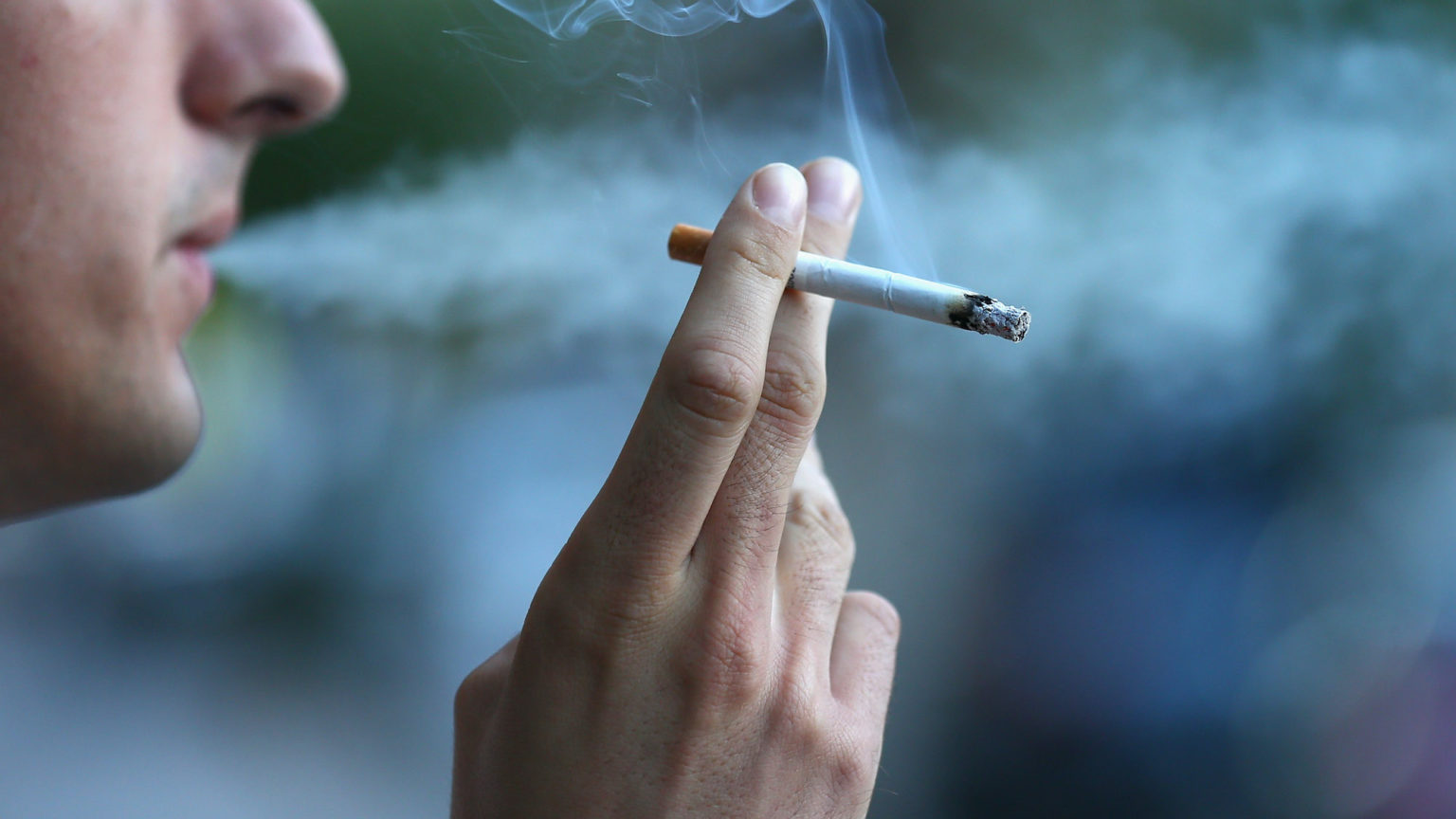
Want unlimited, ad-free access? Become a spiked supporter.
According to the Office for National Statistics’ latest figures, published today, the proportion of the adult population in the UK who smoke cigarettes fell from 11.9 per cent (six million) in 2023 to 10.6 per cent (5.3million) in 2024.
Smoking rates have been falling steadily for decades, with or without government intervention, and in the past 15 years a significant factor has been smokers switching voluntarily to reduced-risk products such as vapes and, more recently, nicotine pouches.
Despite that, successive governments (Conservative and now Labour) are determined to hasten a ‘smoke-free’ society by banning the sale of tobacco to future generations of adults. Last week, the Tobacco and Vapes Bill returned to the House of Lords, with the committee stage giving peers an opportunity to discuss and propose amendments. The committee met again yesterday with three more sessions scheduled on 11, 13 and 17 November.
The generational ban will raise the age limit for tobacco sales by one year every year until no adult will be allowed to purchase tobacco legally in the UK. While previous anti-smoking legislation – the workplace smoking ban, the tobacco display ban and the ban on menthol cigarettes – has featured varying degrees of proscription, the Tobacco and Vapes Bill will make it a crime to sell tobacco products to anyone born on or after 1 January 2009.
This may be creeping prohibition, but it is prohibition nonetheless. Banning future generations of adults from purchasing tobacco is an astonishing example of the ‘government knows best’ mentality.
Freedom of choice has long been a low priority for politicians of every stripe. The plan to prohibit adults from buying tobacco was first announced by Conservative prime minister Rishi Sunak in October 2023. Had he not decided, with disastrous consequences for his party, to call an early General Election in July 2024, Sunak might now be claiming credit for the ban. Instead, it is a Labour government forging ahead with the policy.
If free choice and personal responsibility matter little to parliamentarians, perhaps something else will make them think twice about supporting the bill: the preservation of law and order. Proscription has a long and dark history – most notably, during Prohibition-era America. While people carried on drinking alcohol in secret, organised crime made a killing. Just about the only beneficiary of prohibition was gangsterism.
Today, we need look no further than Australia to remind us of the damage prohibition can cause. There is no generational ban Down Under, but the government has been doing its best to make the legal purchase of cigarettes and vapes as difficult as possible. Excise duty on tobacco has soared, and buying vapes that contain nicotine is restricted to pharmacies – though some of the big chains won’t even stock them. Meanwhile, ‘vape juice’ with a higher nicotine content (the kind that appeals to long-term smokers who are trying to wean themselves off cigarettes) is banned.
The result has been a crime wave. Why buy tobacco from a legitimate retailer when it’s half the price on the black market? Likewise, if you can’t get the vapes you want on the high street, representatives of criminal gangs will be happy to supply you at a competitive price. This has led to a succession of turf wars and acts of intimidation that police are struggling to control, including multiple fire bombings and even a drive-by murder. That’s in addition to the loss of revenue caused by illicit sales.
In contrast, the UK has been relatively liberal in its approach to vaping. This has been a great success story for product innovation, consumer choice and, arguably, the nation’s health, as an increasing number of smokers have quit and switched to a reduced-risk alternative. But the annual hikes in tobacco duty are fuelling the black market, and an outright ban will simply create an ever increasing market for criminal gangs.
Tax revenue from tobacco has been in decline even as excise duties have been going up, and that can’t be explained by declining smoking rates alone. In reality, the sale of cigarettes is shifting from legitimate stores to illicit traders. And now the government is about to add to the problem, giving smokers no legal establishment from which to buy.
If the goal is to deter people from smoking, there are far more effective ways to go about it. Vapes and nicotine pouches should be encouraged, not limited. Education should be prioritised.
It’s not too late to stop the Tobacco and Vapes Bill. Let’s stub out prohibitionism once and for all.
Rob Lyons is the author of a new paper, The Price of Prohibition: How the Tobacco and Vapes Bill could trigger a bigger black market, more retail crime, and violent turf wars, published by the smokers’ rights group, Forest.
You’ve hit your monthly free article limit.
Support spiked and get unlimited access.
Support spiked and get unlimited access
spiked is funded by readers like you. Only 0.1% of regular readers currently support us. If just 1% did, we could grow our team and step up the fight for free speech and democracy.
Become a spiked supporter and enjoy unlimited, ad-free access, bonus content and exclusive events – while helping to keep independent journalism alive.
Monthly support makes the biggest difference. Thank you.

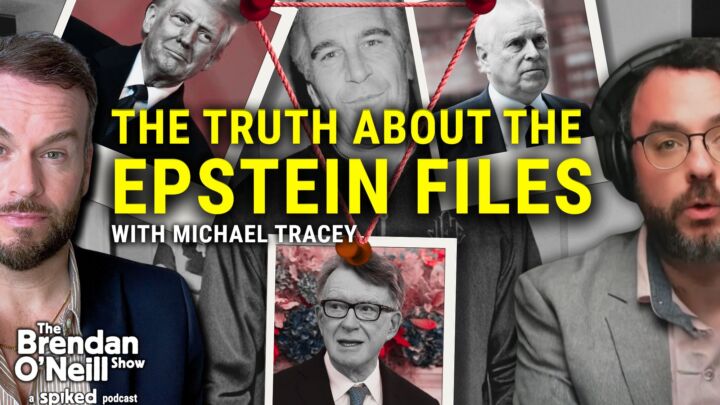
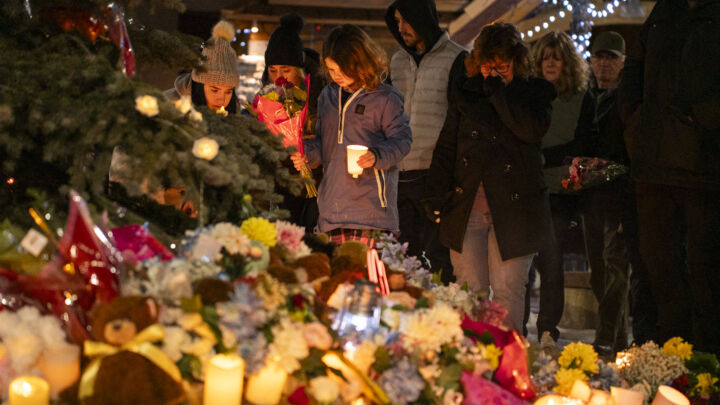
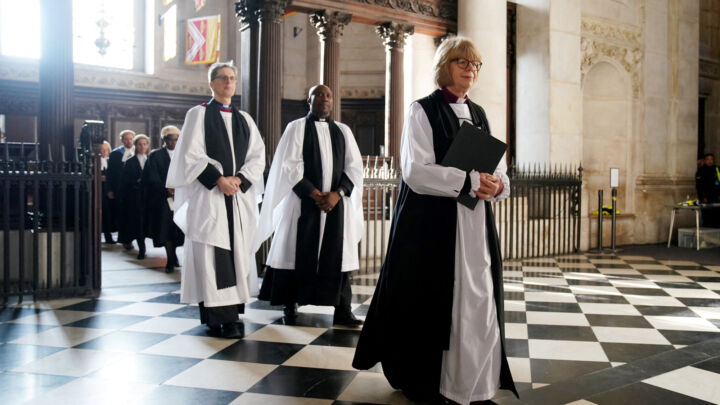

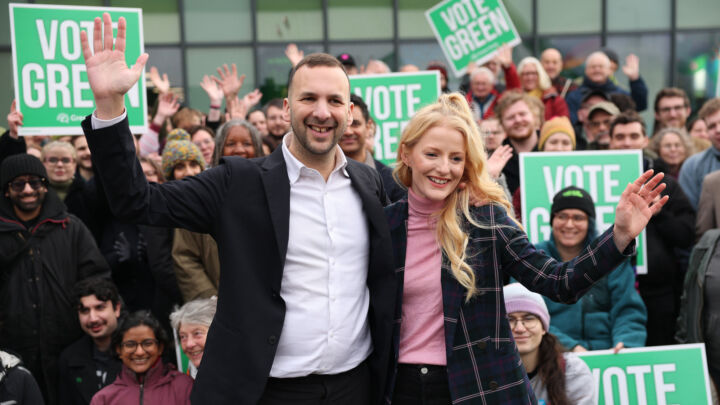



Comments
Want to join the conversation?
Only spiked supporters and patrons, who donate regularly to us, can comment on our articles.